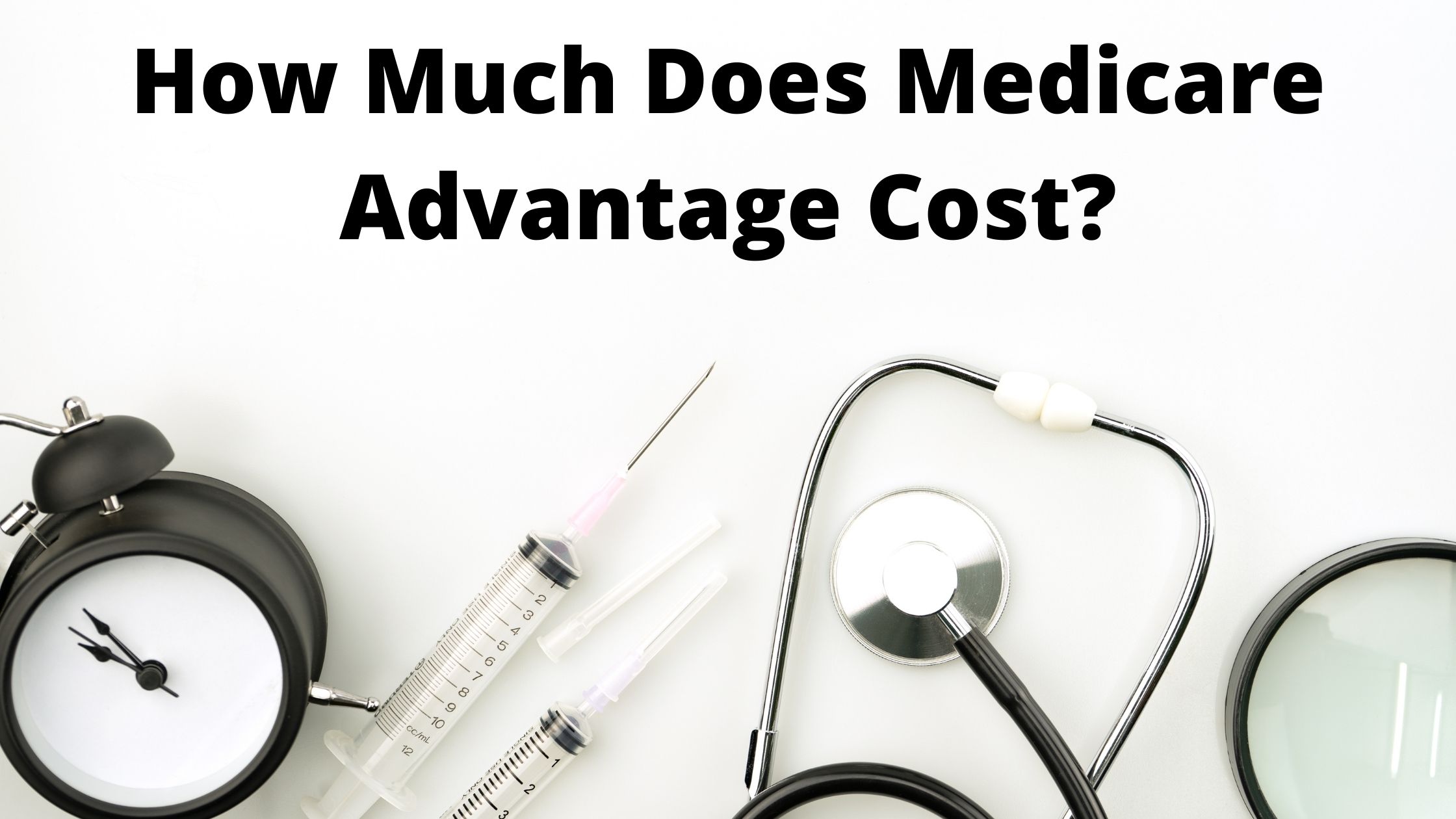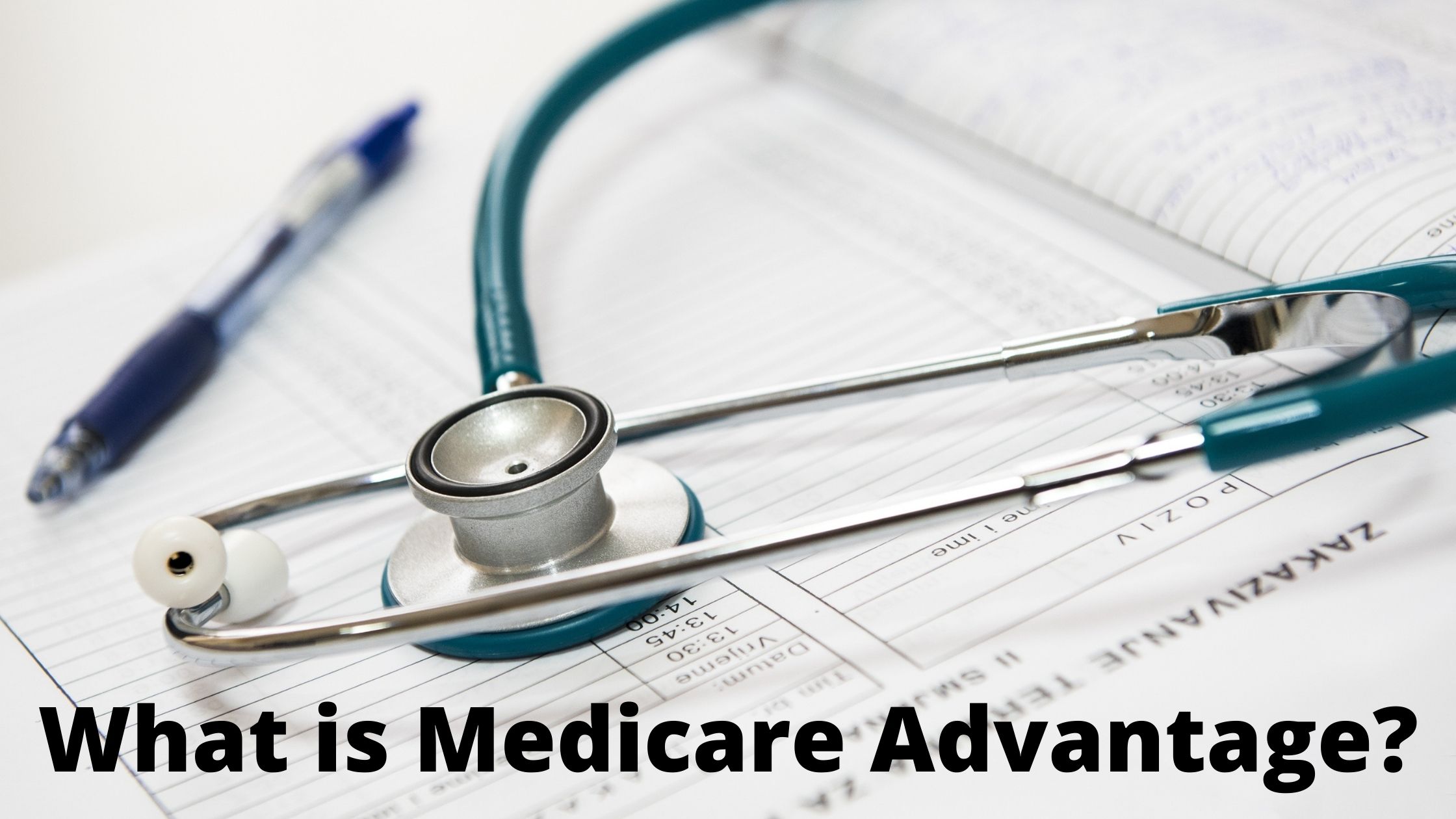Medicare Advantage plans are a popular way for people to get prescription drugs. In this article, we will explore what Medicare Advantage premiums are and how to lower your costs by enrolling in a plan that has lower premiums.
What is Medicare Advantage?
Medicare Advantage (MA) is a type of Medicare health plan that lets beneficiaries access prescription drugs from participating pharmacies, doctors, and other healthcare providers. MA plans typically have lower premiums, copays, and deductibles than traditional Medicare programs.
The average monthly premium for an MA plan in 2017 was $14.40, about half the price of the average monthly premium for a traditional Medicare program ($24.50). The two most popular types of MA plans are prescription drug plans and hospitalization insurance plans.
To find the best MA plan for you, compare premiums and benefits information from various providers. The Medicare Prescription Drug Plan Finder tool can help you compare options and find the best plan for your needs.
If you have questions about how to pay for your medications, call your health insurance company or visit its website. You can also call Medicare at 1-800-MEDICARE (1-800-633-4227) to ask questions or get assistance with prescription drugs.
Learn more about Medicare Advantage at medicareadvantage.gov.”
Medicare Advantage is a type of Medicare health plan that allows beneficiaries access to prescription drugs from participating pharmacies, doctors, and other healthcare providers. These plans
How Does Medicare Advantage Work?
Medicare Advantage is a type of Medicare program that provides benefits and coverage similar to those of traditional Medicare, but with some additional features (such as greater choice of providers and drugs). Premiums for Medicare Advantage plans vary widely, depending on the plan’s features and the area in which it is offered. In general, premiums are lower than those for traditional Medicare.
There are a few things you can do to help reduce your premium costs:
Get a discounted prescription drug plan through your employer. Many employers offer prescription drug plans that are cheaper than standalone plans. Speak to your human resources department or pension plan administrator to find out if this option is available to you.
Look into getting supplemental insurance through Medicare Advantage. Supplemental insurance helps cover out-of-pocket costs not covered by the plan (such as deductibles and copayments). You may be able to find supplemental insurance through Medicare Advantage plans or through an independent insurance company.
Check out our guide to understanding Medicare Advantage premiums to learn more about how these plans work and what factors affect premiums.
What are the Different Types of Medicare Advantage Plans?
Medicare Advantage plans are a type of Medicare insurance that offer benefits beyond the traditional Medicare program. There are four different types of Medicare Advantage plans: Part C, Part D, Part B, and Medigap.
Part C plans cover hospital stays, doctor visits, and some prescription drugs. Part D plans cover prescription drugs and preventive services. Part B plans cover outpatient care and doctor visits. Medigap plans are insurance policies that cover premiums, coinsurance, and out-of-pocket costs for Medicare beneficiaries.
There are many factors to consider when choosing a Medicare Advantage plan. Some important factors to consider include the copayment rates for medications, the number of doctors included in the plan, and whether the plan offers coverage for specialized medications.
If you want to pay less for your prescription drugs, it is important to research all of the different options available to you. You can find more information about Medicare Advantage plans on Medicare.gov or by calling the plan provider directly.
How Much Does Medicare Advantage Cost?
Understanding Medicare Advantage premiums is important for anyone looking to save on prescription drugs. One way to do this is by exploring the various options available through Medicare Advantage plans. This article provides an overview of the different types of premiums and how they impact costs.
How to Save on Prescription Drugs with Medicare Advantage
Medicare Advantage plans offer drug discounts and other benefits that can save you money on your prescriptions. Here’s how to take advantage of these savings:
1. Check your plan’s drug discount policy. Most Medicare Advantage plans offer discounts on a variety of prescription drugs, ranging from 10 percent to 50 percent. To find out what drugs are covered and the amount of the discount, call your plan or visit its website.
2. Compare plans and see which offers the best discounts. You can compare plans side-by-side on MedicareAdvantage.gov or by calling Medicare or your insurance company.
3. Use coupons and other discounting strategies. Many pharmacies give away coupons for prescription drugs, and some offer discounts on generic drugs if you have a Medicare Advantage plan. Ask your pharmacist for advice about available discounts.
4. Shop for generics when possible. Generic prescription drugs are usually cheaper than brand-name medications, and many Medicare Advantage plans cover the cost of generic drugs.”
Medicare Advantage plans offer drug discounts and other benefits that can save you money on your prescriptions. Here’s how to take advantage of these savings:
1. Check your plan
Conclusion
If you’re a Medicare Advantage member, you likely pay lower premiums for prescription drugs than those who are covered by traditional Medicare. But what exactly does this mean for you? In this article, we’ll explore the different types of Medicare Advantage plans and explain how premium payments impact the prices of medications. We’ll also outline some tips on how to save money on your prescriptions through pharmacy discounts and coupon codes. Armed with this information, hopefully you’ll be able to find ways to lower your out-of-pocket expenses when it comes to medications.

